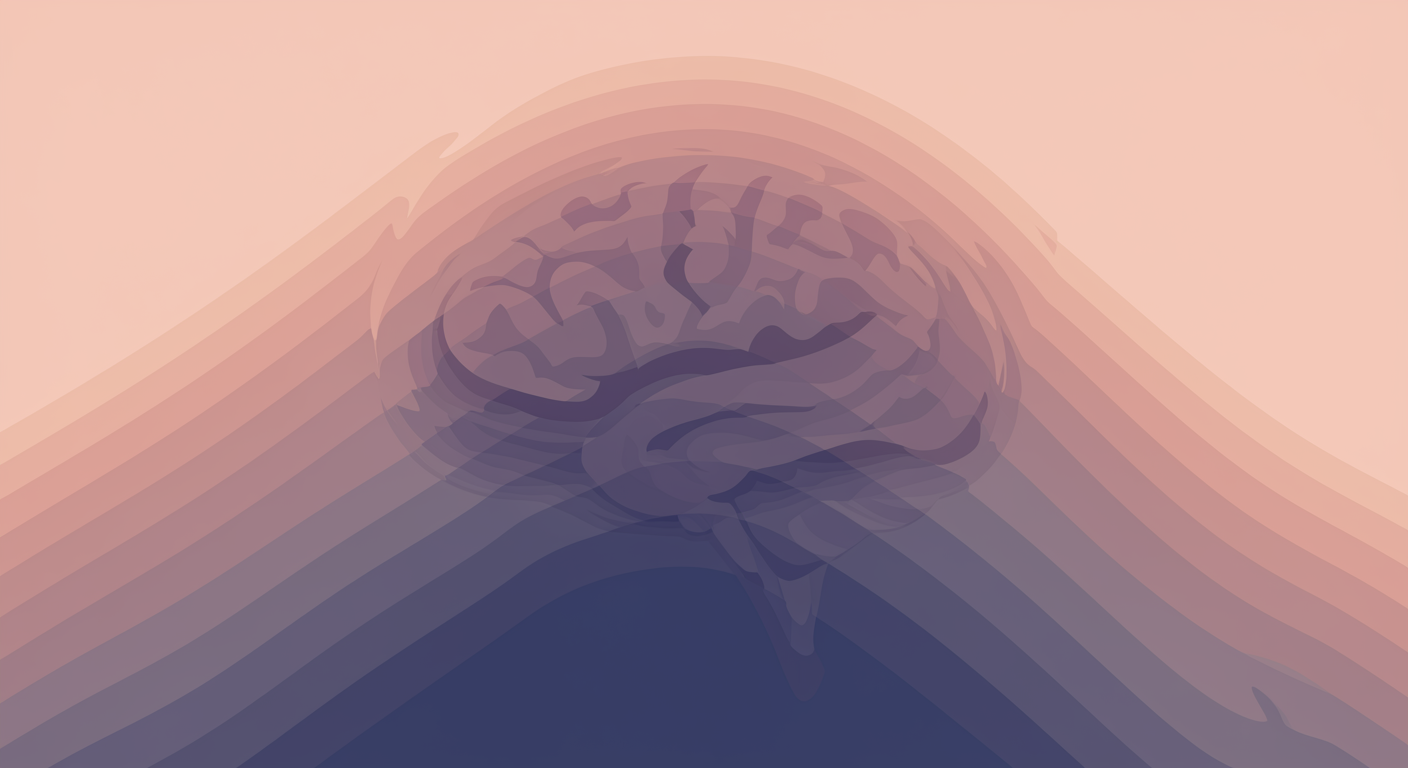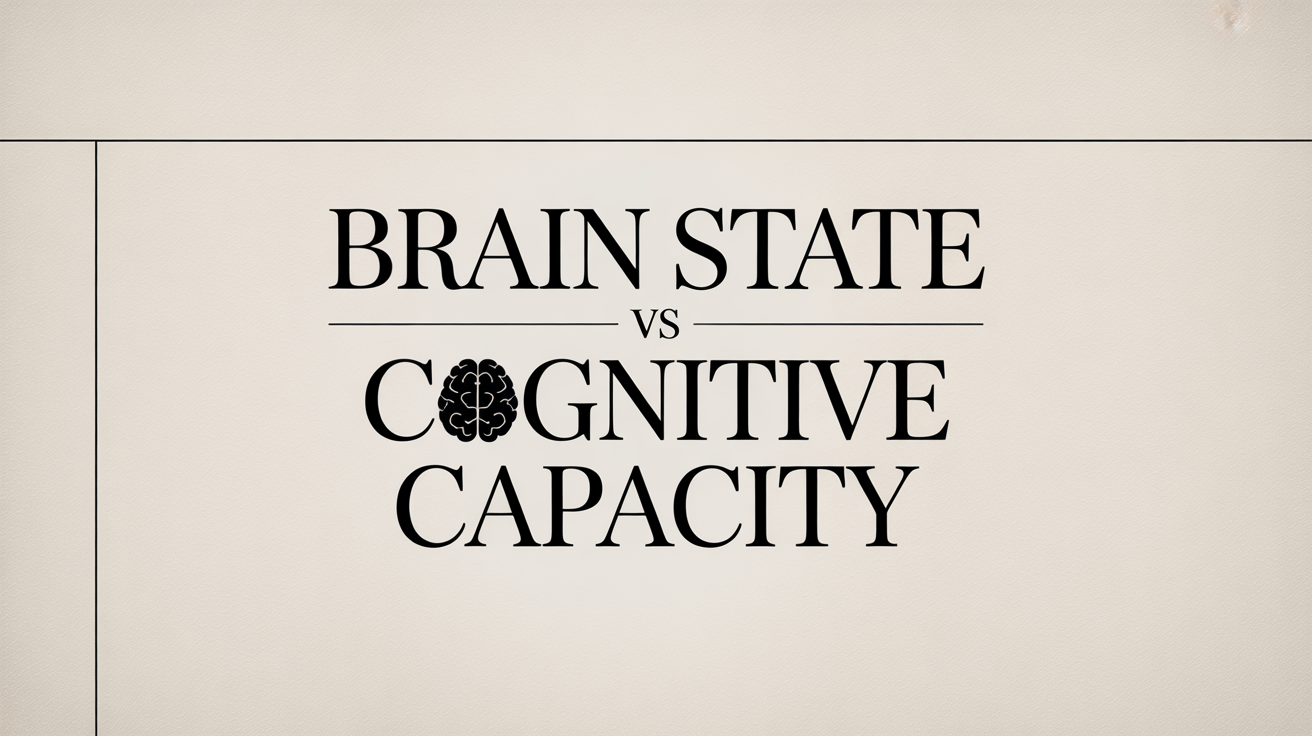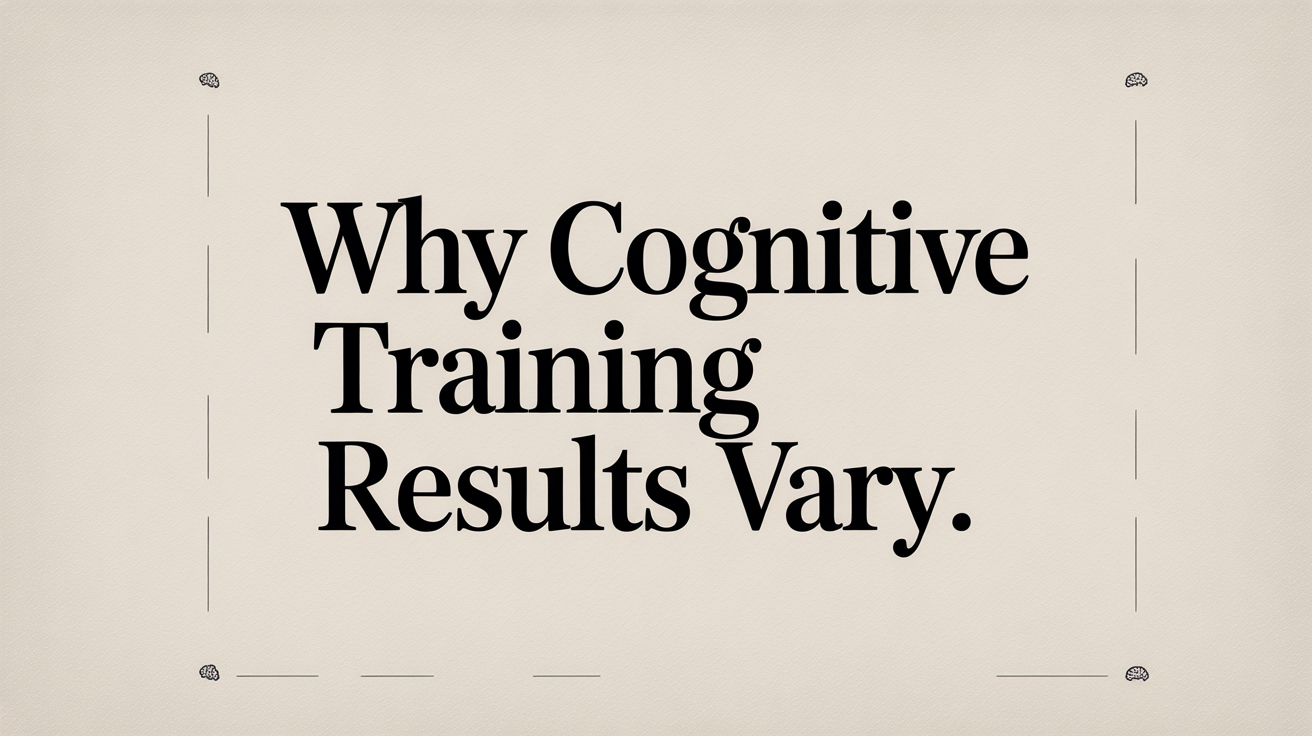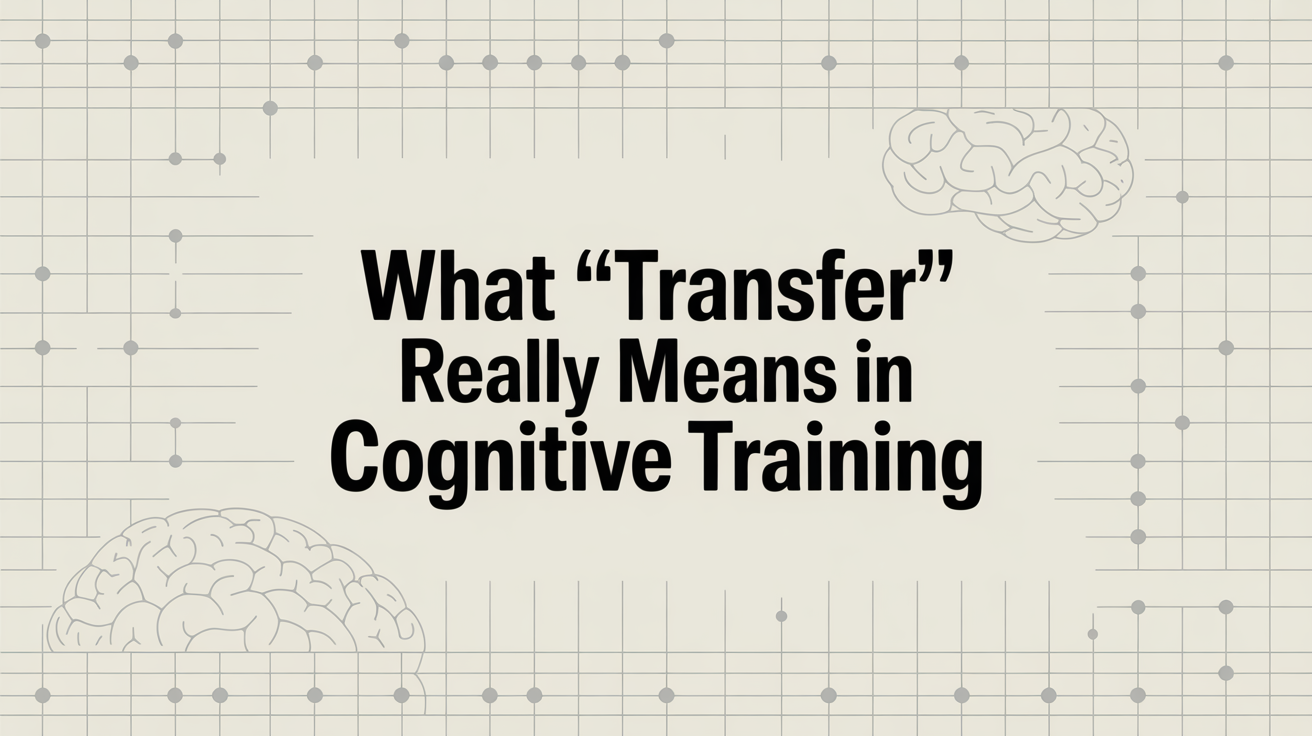Welcome to the Research and Strategy Services at in today's fast-paced.


A modern trend in neuroscience is an increasing rate of discoveries showing that our brains and bodies are functionally coupled in ways previously unimagined. Here we will explore highlights of 3 NeuroTracker studies that demonstrate how cognitive impairments can directly affect our physical skills and health. The upside here are the promising findings that cognitive training methods like NeuroTracker can also provide an effective and surprisingly accessible antidote – let’s explore!
Grasping and handling objects with hands and fingers while making coordinated movements is referred to as manual dexterity, or fine motor skills. As part of the normal cognitive effects associated with aging, manual dexterity typically declines along with other functions such as attention, memory, and information processing speed.
In healthy aging the decline isn’t very significant. However, for common cognitive impairments caused by age-related neurodegeneration, such as dementia, loss of fine motor control can greatly affect functioning in daily life.
Mexico General Hospital patients with mild cognitive impairment (MCI) or dementia undertook a NeuroTracker training intervention before and after two standardized assessments of fine-motor skills testing manual hand dexterity.

Results showed strong transfer effects from the training, with large improvements in movement skill accuracy and execution speed. Additionally, analysis of NeuroTracker learning rates indicated that only 90-minutes of distributed training was needed to achieve the benefits.
By essentially doing nothing more than visually tracking multiple objects in less than the time it takes to watch a movie, this research demonstrates that physical functions can be cognitively improved in ways that directly improve quality of life in aging. In addition, other NeuroTracker research indicates that the benefits of such a training intervention may be sustained beyond one year.

Falls for elderly people typically result in severe injuries that not only affect mobility, but also reduce confidence to leave the home or perform normal activities like walking or driving, consequently leading to general long-term decline in quality of life. This is often referred to by doctors as ‘slip, trip and fall’ risk, which represents the greatest threat to health in later life.
Elderly residents (av. 80 years old) of a Japanese day care facility engaged in a clinically controlled study involving a 3-hour NeuroTracker training intervention over 5 weeks, along with a battery of 5 pre-post standardized assessments used to predict fall-risk.
The NeuroTracker group experienced significant or large post-test improvements on all 5 assessments, whereas control participants showed overall decline. The researchers concluded that NeuroTracker training offers an effective intervention for preventing falls for elderlies.
Falls in later life have long term repercussions affecting overall quality of life and life expectancy. If fall risk can be significantly reduced, the old adage ‘prevention is better than cure’, couldn’t be truer. Encouragingly, this research reveals that just a few hours of visual training can help people live more safely into old age.
Study link (in Japanese): Verification of Training Effect of Three-Dimensional Multiple-Object Tracking Task in Community-dwelling Elderly
Instinctively we put sports injuries down to the physical demands of sports. However, many sports tax the brain as much as the body, with research showing a relationship between cognitive functions and increased incidence of injuries. This pilot study at the University of Montreal looked to see if placing demands on the brain could change motor-skill performance, specifically in ways that could reveal hidden risks of anterior cruciate ligament (ACL) injury.
Collegiate soccer, volleyball, and football athletes were tasked with completing 16 single-leg forward and lateral jumps, which were measured via force plates and precise motion capture of the legs and pelvis using 36 markers. For half of the jump sequences the athletes simultaneously performed NeuroTracker to simulate the cognitive loads of competition.

Hip and knee kinematics changed significantly when performing NeuroTracker at the same time as the jumps. The largest change was found with a change in knee abduction angle, known to be strongly associated with ACL strain. The NeuroTracker task revealed that 60% of the participants were suseptible to significantly increased ACL injury risk, specifically induced by the added cognitive load of multiple object tracking.
ACL injuries are common in many sports with complex rehabilitation challenges. They are also self-inflicted injuries caused by impairments in motor-skill when performing under pressure. This research showed for the first time that cognitive load can acutely change an athlete’s dynamic movement in ways that put them at risk of self-injury, and that some individuals are much more susceptible to this effect than others. More importantly, it suggests that improving cognitive abilities associated with these demands may prevent such injuries before they can happen.
Hopefully you found these research discoveries on how cognitive and physical skills are closely intertwined enlightening. If you’d like to explore more NeuroTracker research discoveries, along with insights from expert practitioners, then check out our NeuroTracker focused blogs.








Welcome to the Research and Strategy Services at in today's fast-paced.

An explanation of a structured habit-building framework for cognitive routines, emphasizing consistency, accountability, and long-term sustainability.

From stereo-3D to adaptive speed thresholds, get the lowdown on what makes NeuroTracker tick.

Check out our 101 on how NeuroTracker works under the hood.
.png)